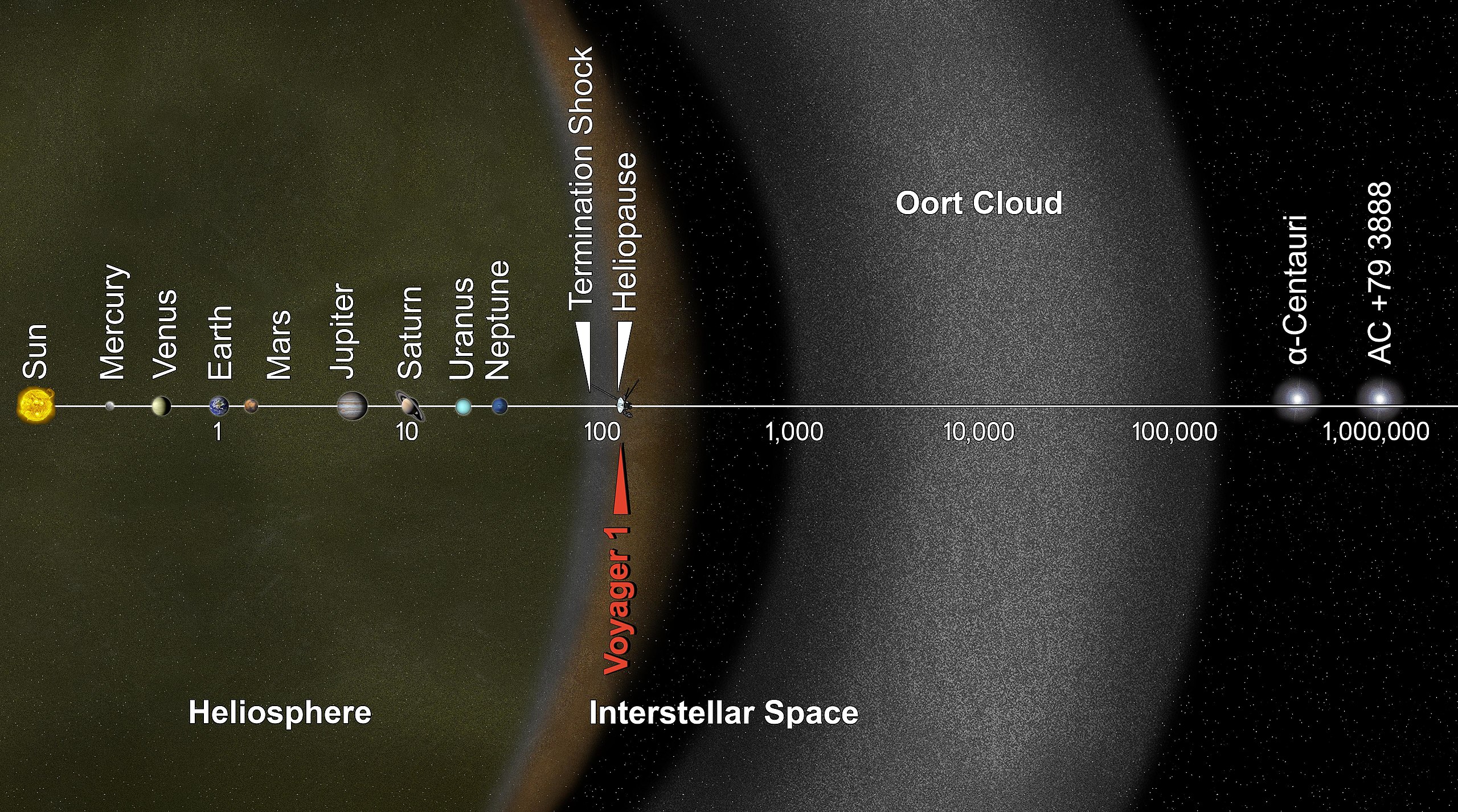The designers of the Buck Rogers RPG published by TSR were surely aware that Lorraine Williams, who acquired control of TSR in October 1985, was one of the heirs to the Buck Rogers fortune and interested in revitalizing the IP, though she ultimately failed.

It's likely that Buck Rogers was the reason TSR abruptly cancelled its Star Frontiers RPG series, which seems to have been doing fairly well in terms of sales when Lorraine Williams acquired TSR.
I didn't know that TSR had a science fiction RPG IP before the Buck Rogers one. The issue regarding Lorraine Williams and the Buck Rogers IP and its impact on TSR is a bit complicated. Yes there was an interest in revitalizing the Buck Rogers but from articles about what happened behind the scene at TSR, more was going on and the Buck Rogers RPG sadly was used to transfer money away from TSR. I can't give you all the details as I would have to dig for these.
Buck Rogers is one of my old favorites, would love to see something newer in that universe/system.
Solar system is great setting for getting rid of FTL nonsense (if you have enough energy for FTL drive - your civilization must be post-scarcity utopia like Star Trek, not some ragtag band of frontier men).
Planets and their numerous moons have enough locations to make a game.
If that is not enough - asteroid belt,
Kuiper belt and
Oort cloud have enough space and to make it look enormous and mysterious for exploration.
Yes, a lot of people seem to forget that our own solar system is quite a big place that will keep humanity busy with exploring and colonizing for centuries if we work out how to get there and find ways of settling on these worlds. Somehow popular sci fi shows have created this idea for the audience and Hollywood writers that the solar system would be running out of room and resources in a matter of a couple of generation.
Space settings, especially ones that focus on humanity don't require dozens and dozens of star systems when the general theme is about exploration and taming the new frontiers.
And if aliens are really that necessary, throw in alien probes or some sleeper or seed ship.
(if you have enough energy for FTL drive - your civilization must be post-scarcity utopia like Star Trek, not some ragtag band of frontier men).
Good point. Usually writers/designers resort to using mega corporations to explain the scarcity of resources, technology, etc in a universe where FTL exists and is relatively common. Or the financial costs. But I have to think that this would fit only when the setting is one solar system and reaching other star systems is really difficult because there is not FTL, and instead generation ships, sleepers ships, or seed ships. But these kind of missions would have to be completely self sufficient, able to to set up its own infrastructure and economies as corporations back on Earth would never see any return in their investments. Shipping resources and products back would be pointless.
Slander, the big three were always Asimov, Heinlein and Clarke
I read quite some Heinlein when I was a late teen. Might sound dumb but Heinlein is or was probably one of the best introduction to science fiction for teens who wanted something more than just Star Wars, Star Trek, and generic sci-fi movies.
Clarke I have only started recently checking out again though I did read "Rendezvous with Rama" years ago (I never bothered with the sequels). I got this collection of his short stories now I want to get through. Some of his earlier work aged poorly though.
Asimov I genuinely tried but I just could not get through Foundation (I really loved the Del Rey covers pained by Michael Whelan. I want posters from those).
I also have read a lot of Niven. I rather like the Known Space books even if they are outdated content wise. They have this sort of pseudo Star Trek shared universe feeling. I do hate it though that the man resorted to explaining that his characters lied in some of his stories to explain retcons in books like the Ringworld series.












